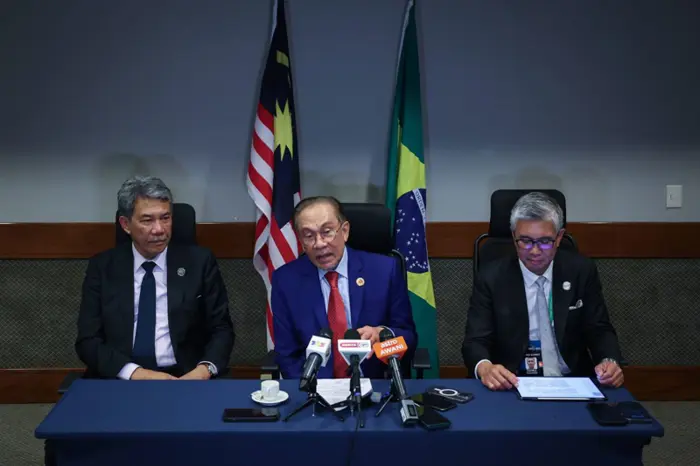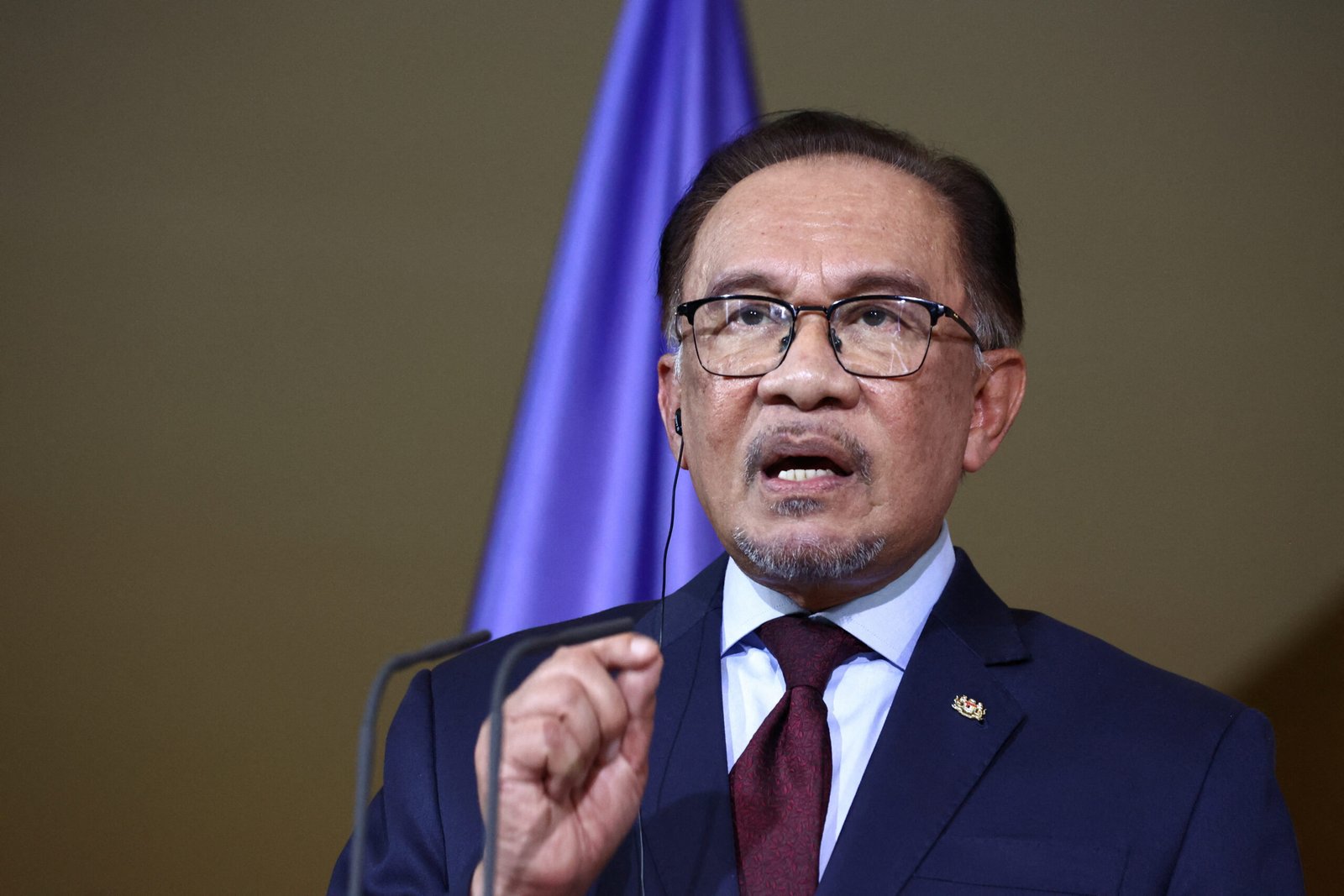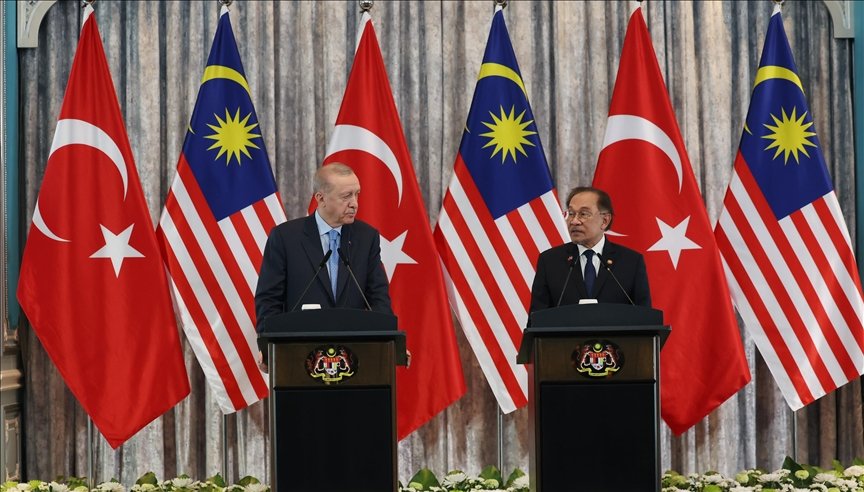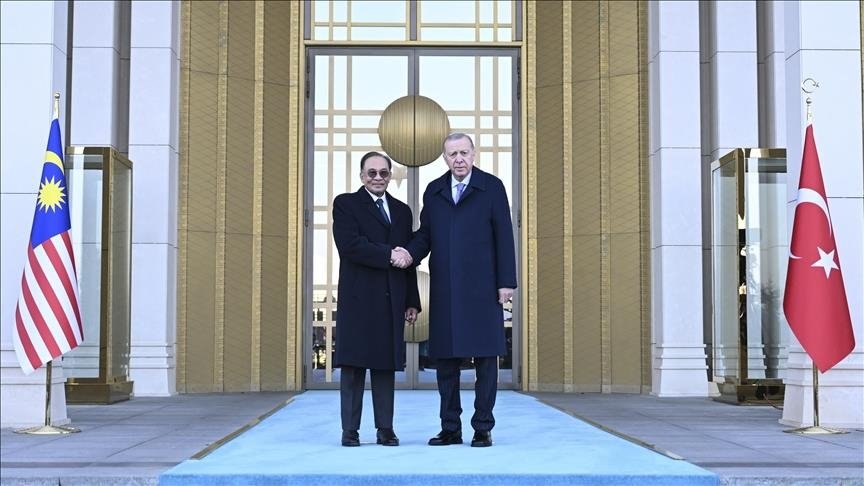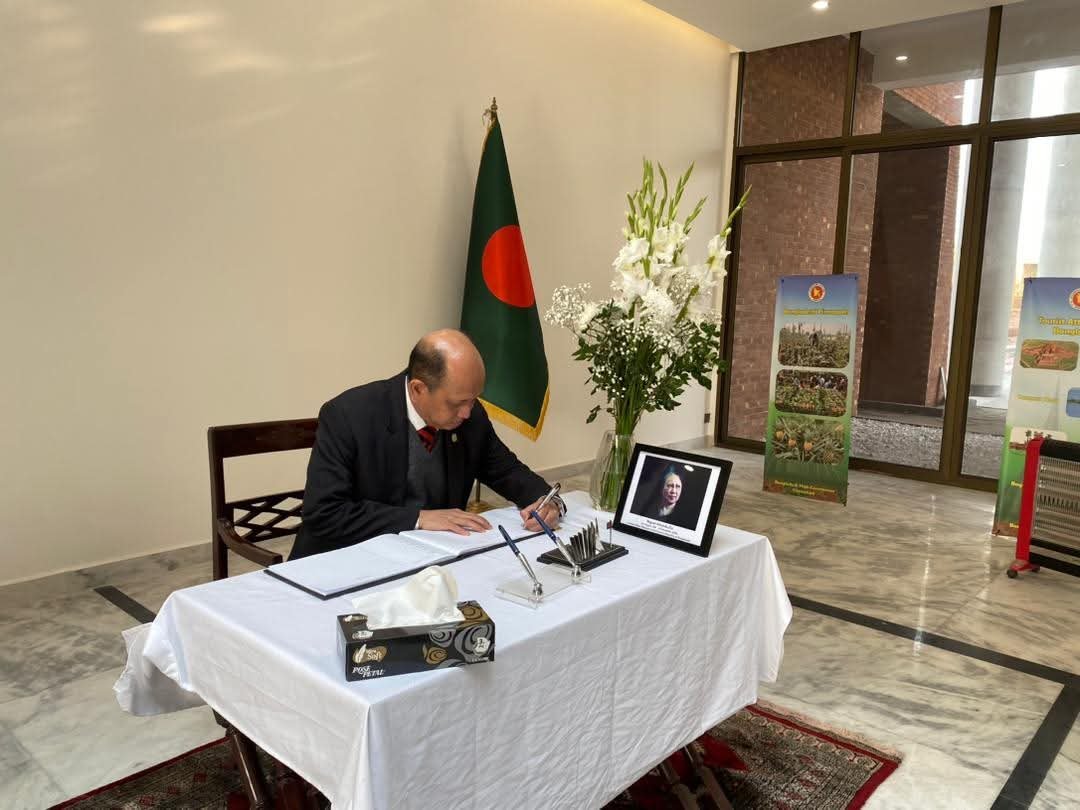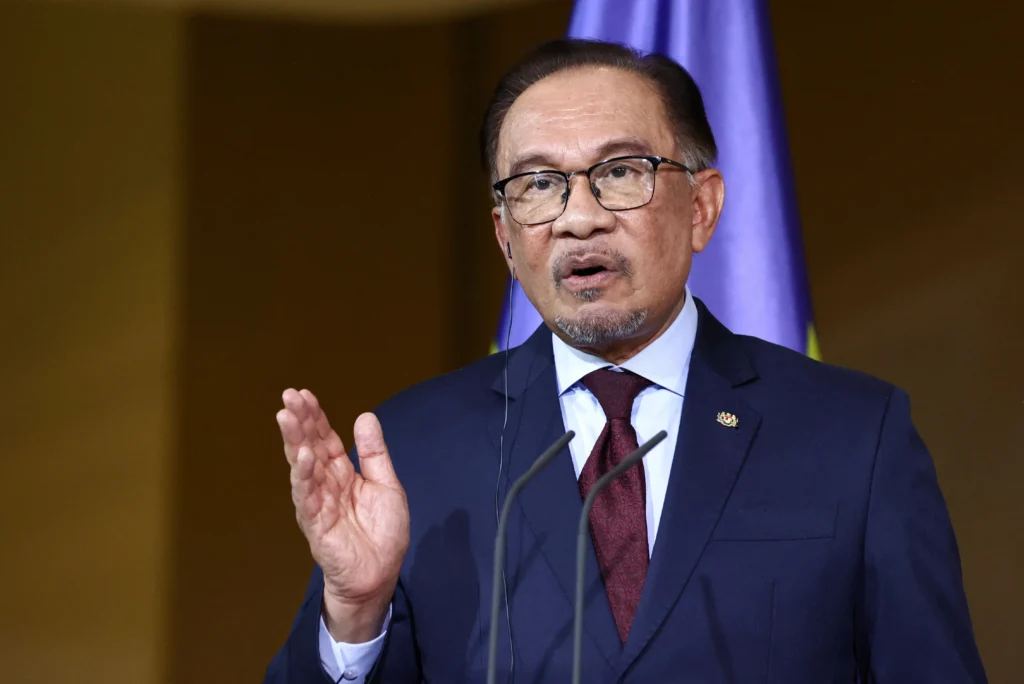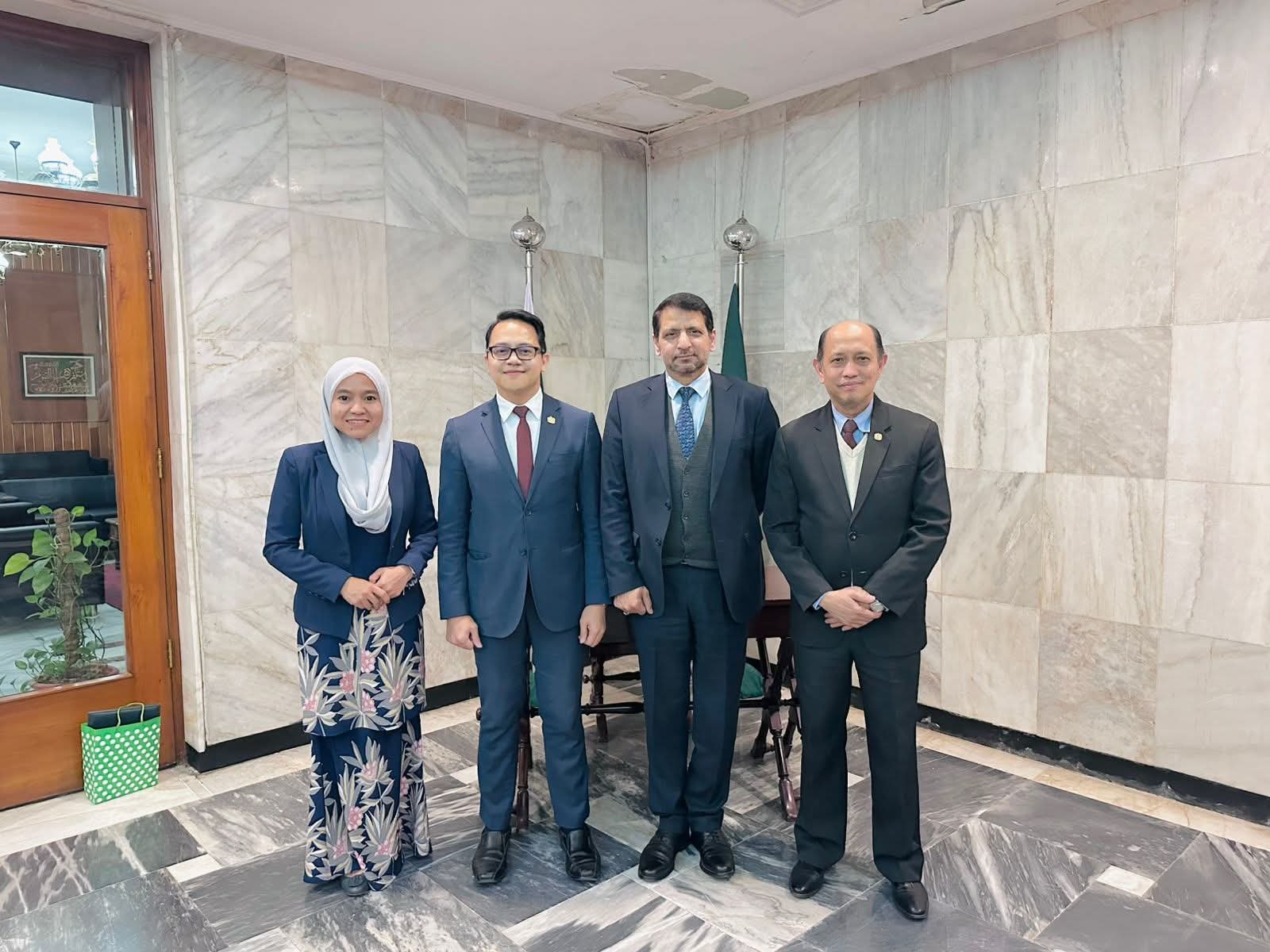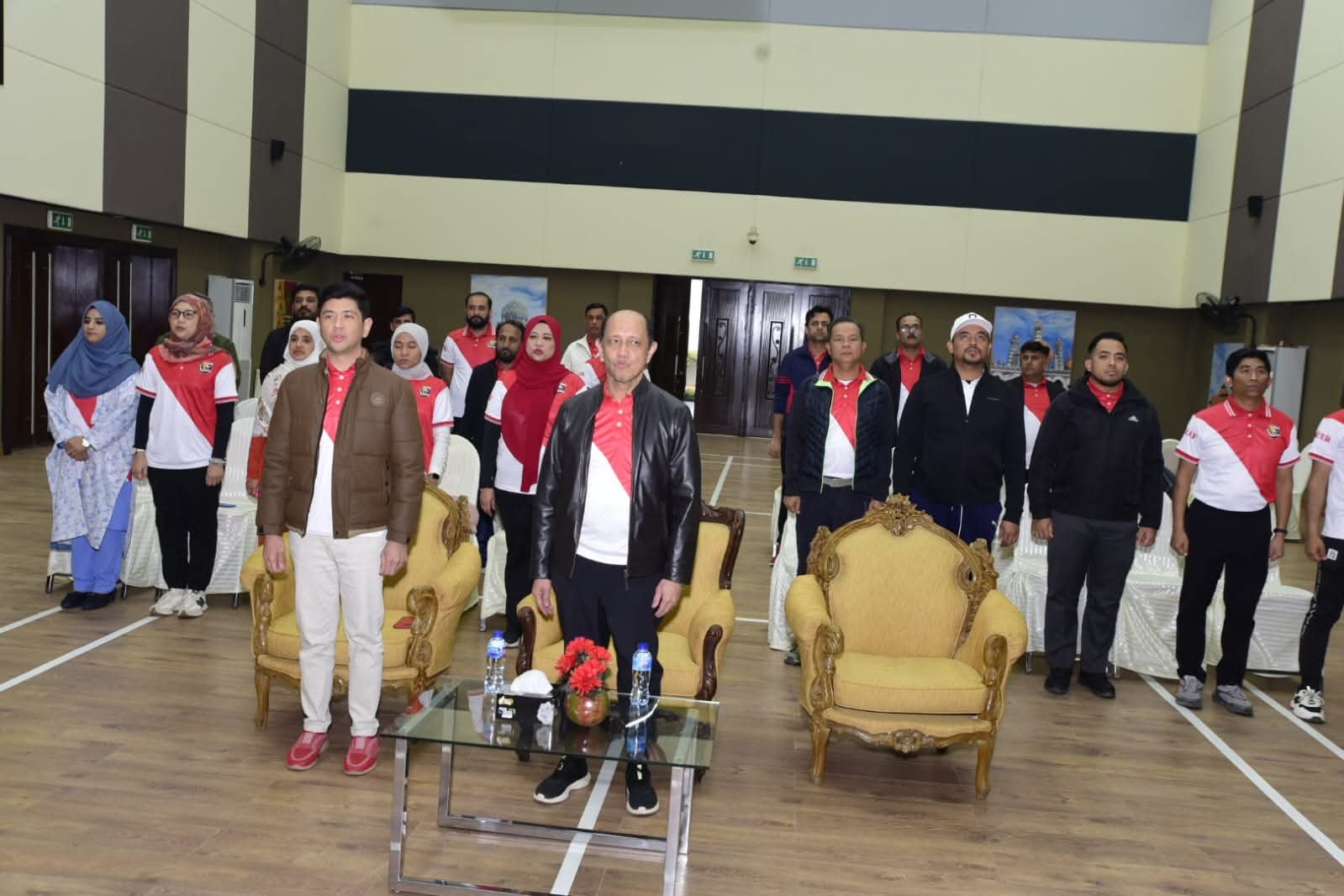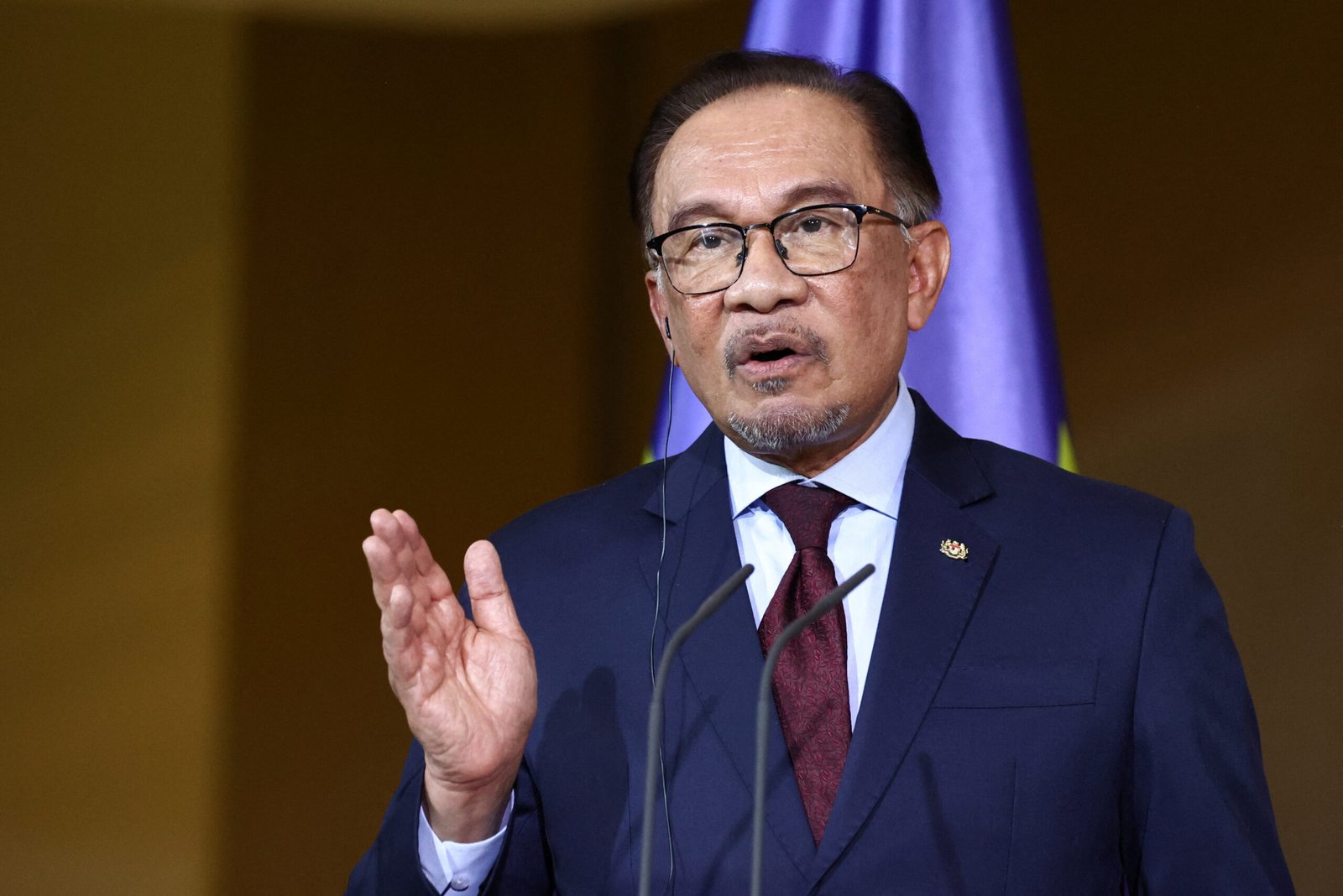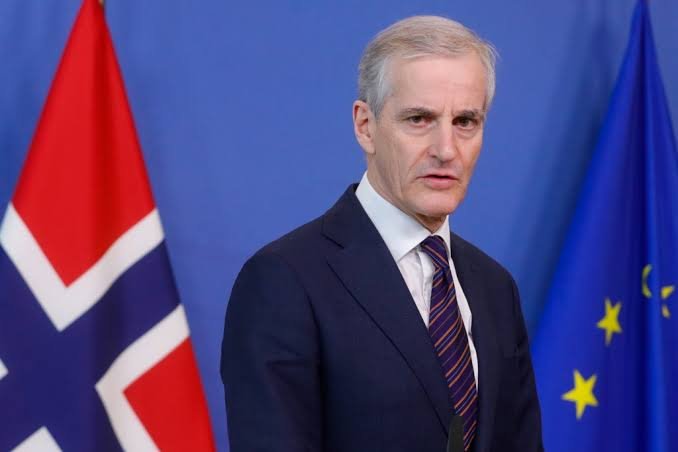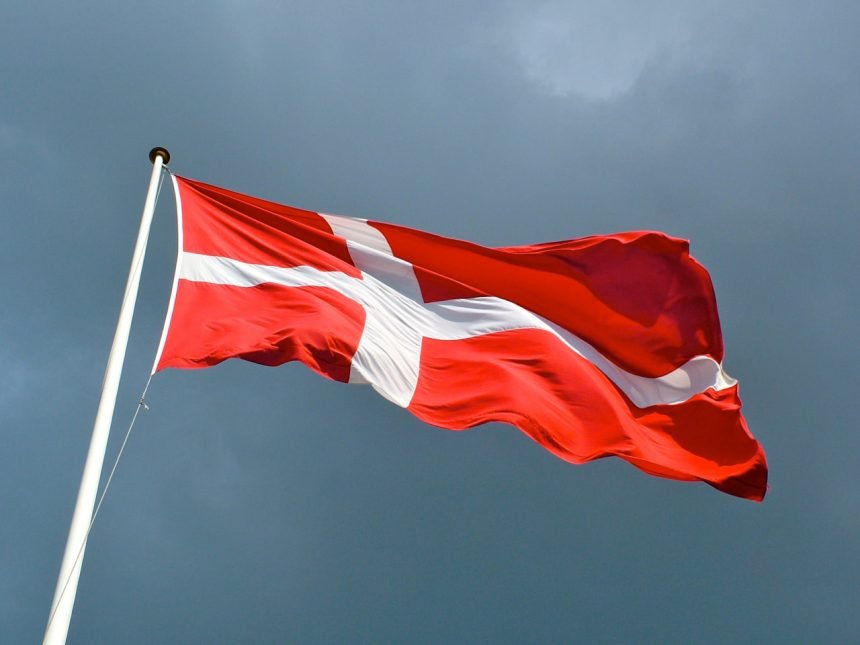Rio de Janeiro, November 19, 2024 – The Europe Today: Prime Minister Datuk Seri Anwar Ibrahim’s first official visit to Brazil has opened new avenues for Malaysia, with potential export opportunities valued at RM6.8 billion (US$1.57 billion) over the next three to five years.
Speaking at a press conference on Monday, November 18, Anwar, who also serves as Malaysia’s Finance Minister, credited these prospects to a high-level round-table meeting with 58 industry leaders representing 28 top Brazilian companies and business associations.
“The discussions have identified significant export potential across key sectors, including oil and gas services, semiconductors, palm oil, aerospace components, and food and beverage products,” said Anwar.
The visit also fostered enhanced trade ties between Malaysia and Brazil, with business collaborations spanning diverse industries such as renewable energy, aerospace, medical devices, ICT, mining, halal products, and vegetable oils.
In 2023, Brazilian companies collectively imported RM1.16 billion (US$267.1 million) worth of Malaysian goods and services, underscoring the strength of existing trade ties.
Bilateral trade between the two nations surged by 19.8% during the first nine months of 2024, reaching RM14.83 billion (US$3.2 billion), compared to RM12.38 billion (US$2.74 billion) in the same period last year. Brazil remains Malaysia’s second-largest trading partner in Latin America, following Mexico.
Brazilian investments in Malaysia total RM8.64 billion (US$2.73 billion), covering sectors such as food manufacturing, rubber products, transport equipment, and global distribution hubs. Meanwhile, Malaysian firms like PETRONAS, Yinson, and Sapura have invested over US$15 billion in Brazil’s energy and oil and gas industries.
This visit marks a significant milestone in strengthening Malaysia-Brazil relations, with both nations committed to deepening cooperation in trade, investment, and strategic partnerships. The identified export opportunities are expected to bolster Malaysia’s global economic footprint and foster mutually beneficial growth.
